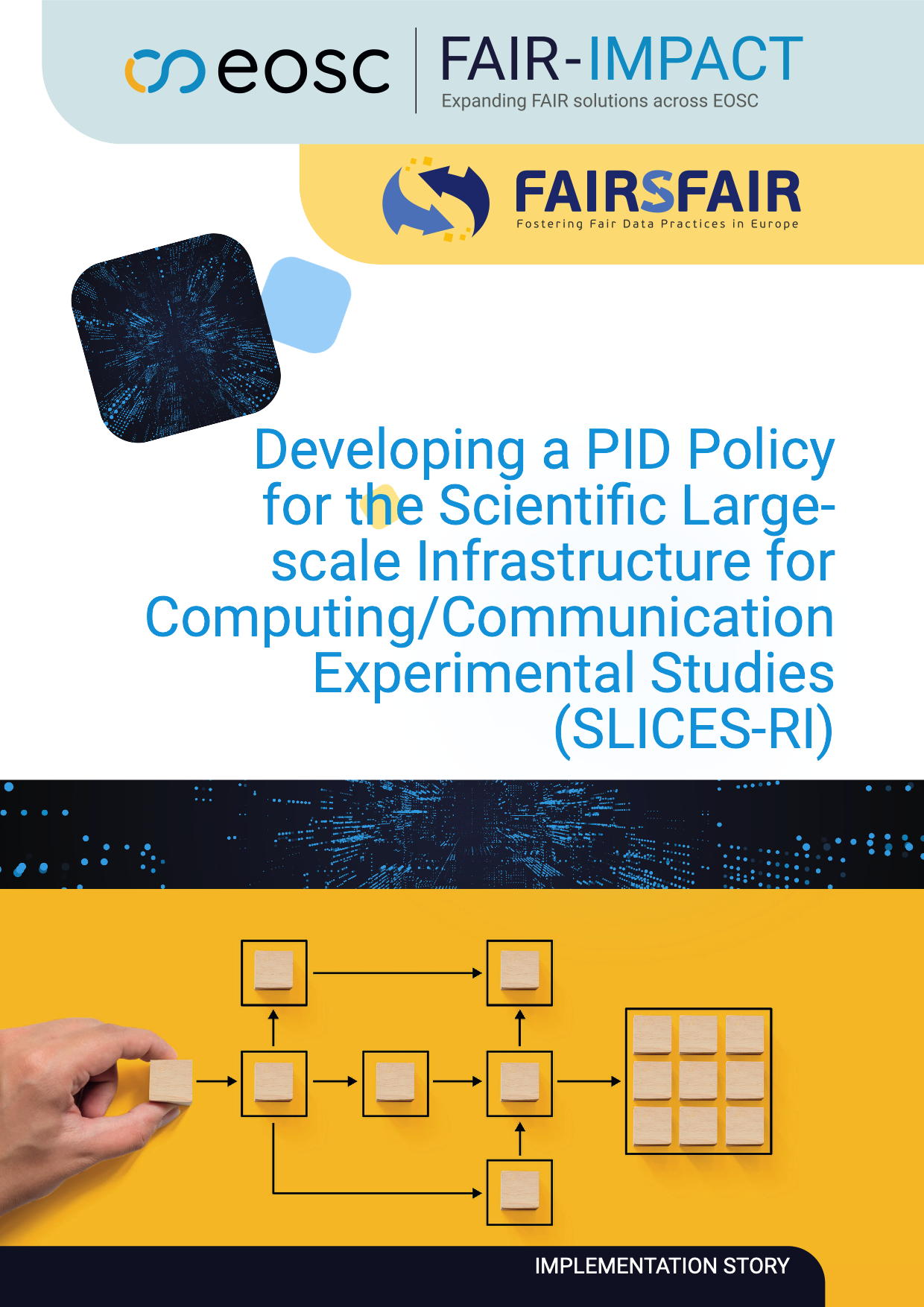Implementation & Adoption Stories
The FAIR-IMPACT Implementation stories illustrate good practices in research communities and organisations to support the implementation of the FAIR principles.
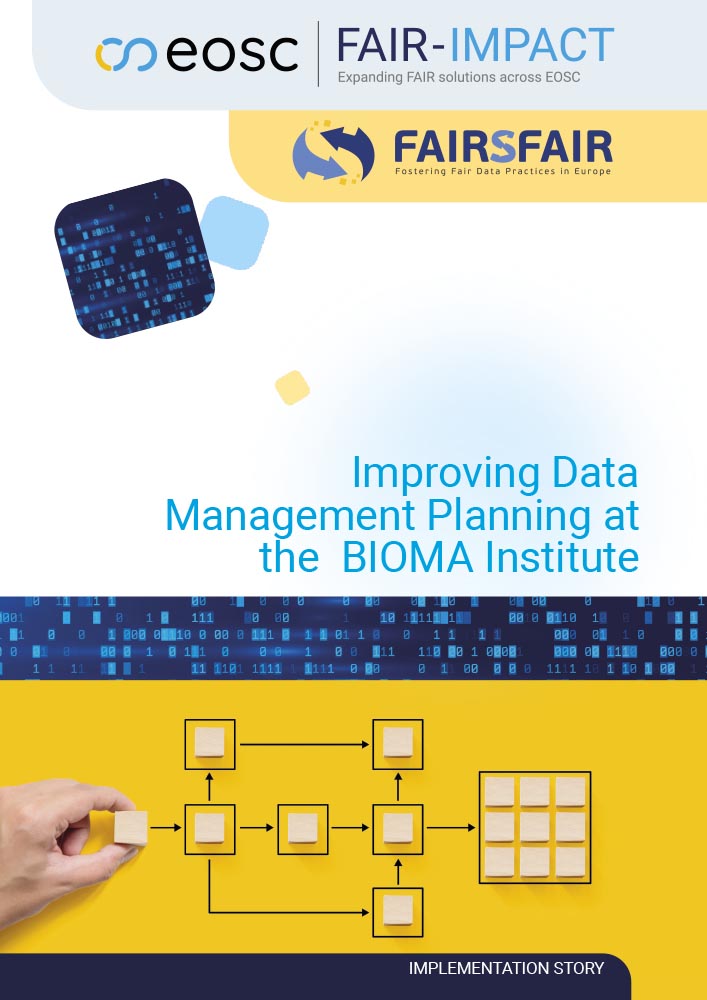
The persistent identification of research outputs is part of good research data management practice and is central to the FAIR Principles and the vision of the European Open Science Cloud (EOSC). There are many types of persistent identifiers (PIDs) currently being used to identify data and other kinds of research outputs but also different actors involved in the creation of outputs and the organisations that employ them or fund their work. To foster harmonisation on the use of different persistent identifiers, there is a need to define and implement research data and/or PID policies.
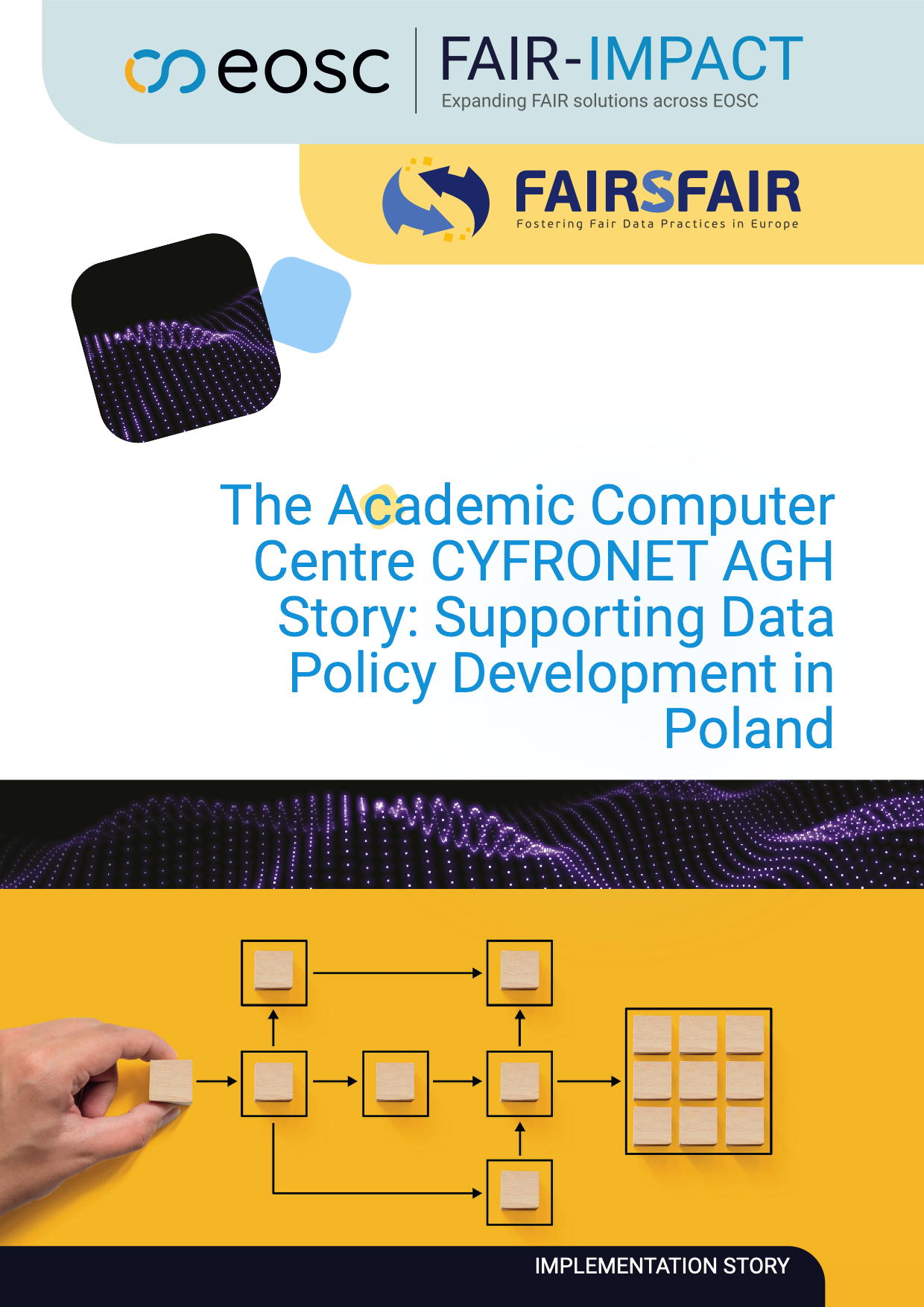
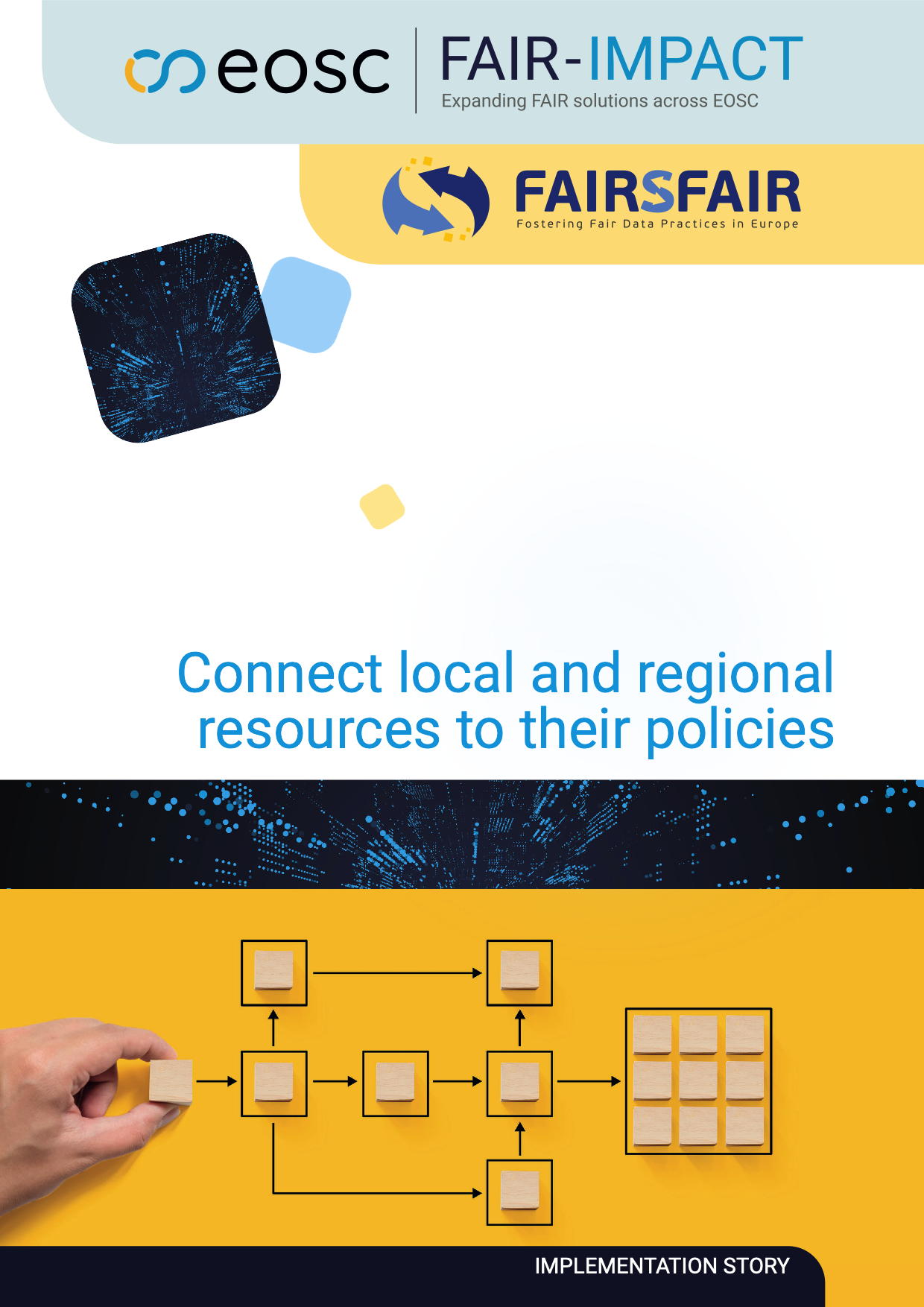
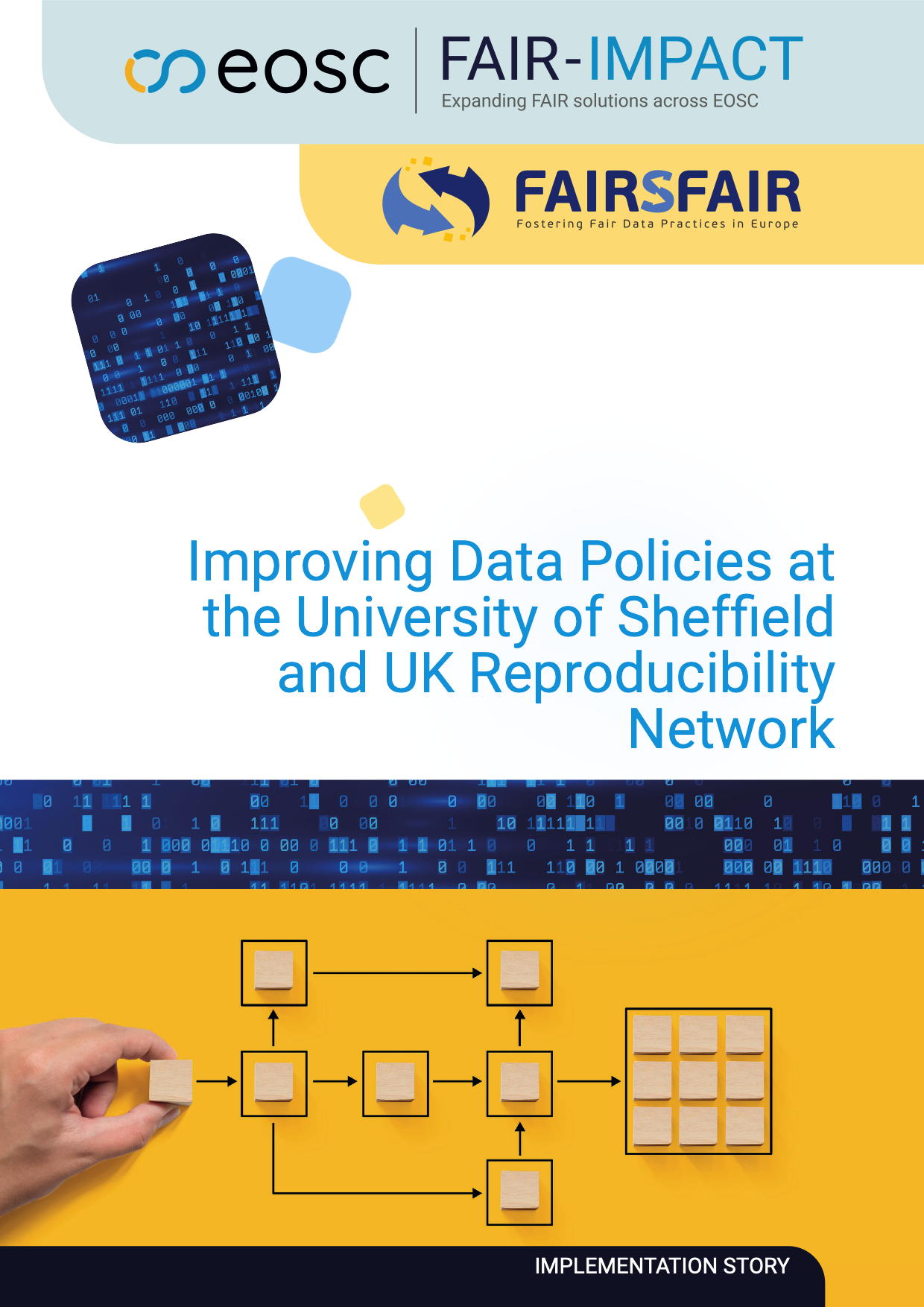
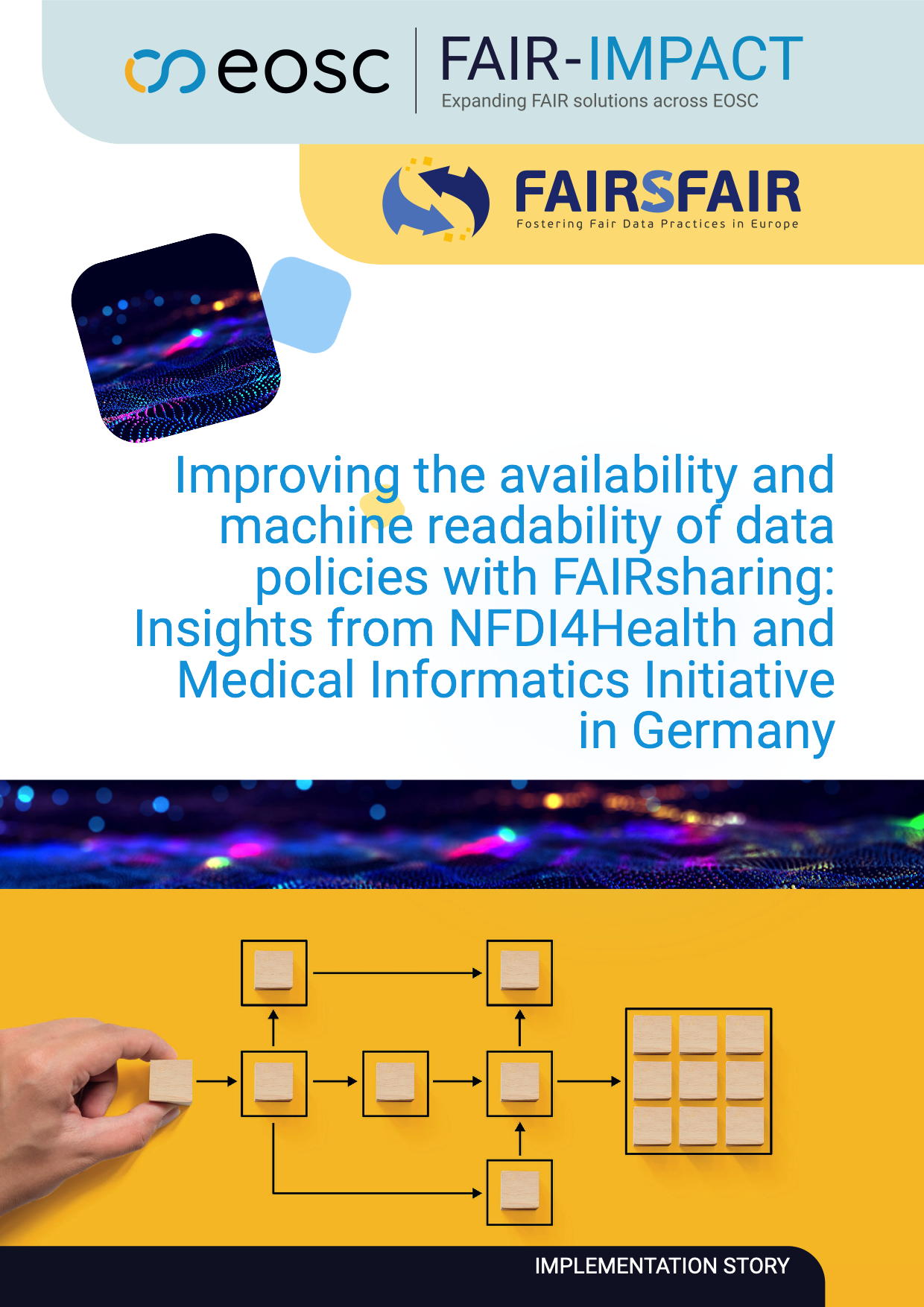
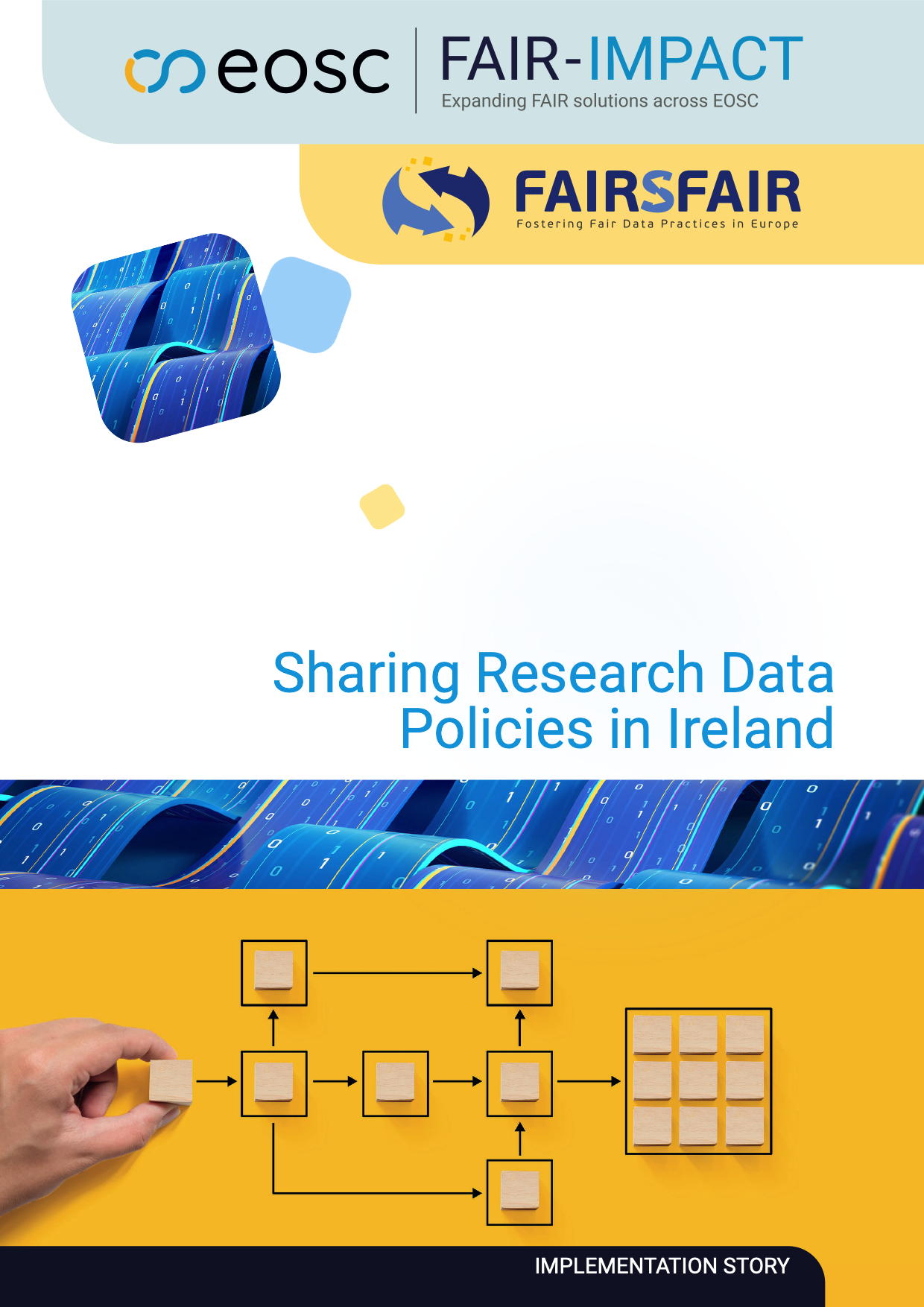
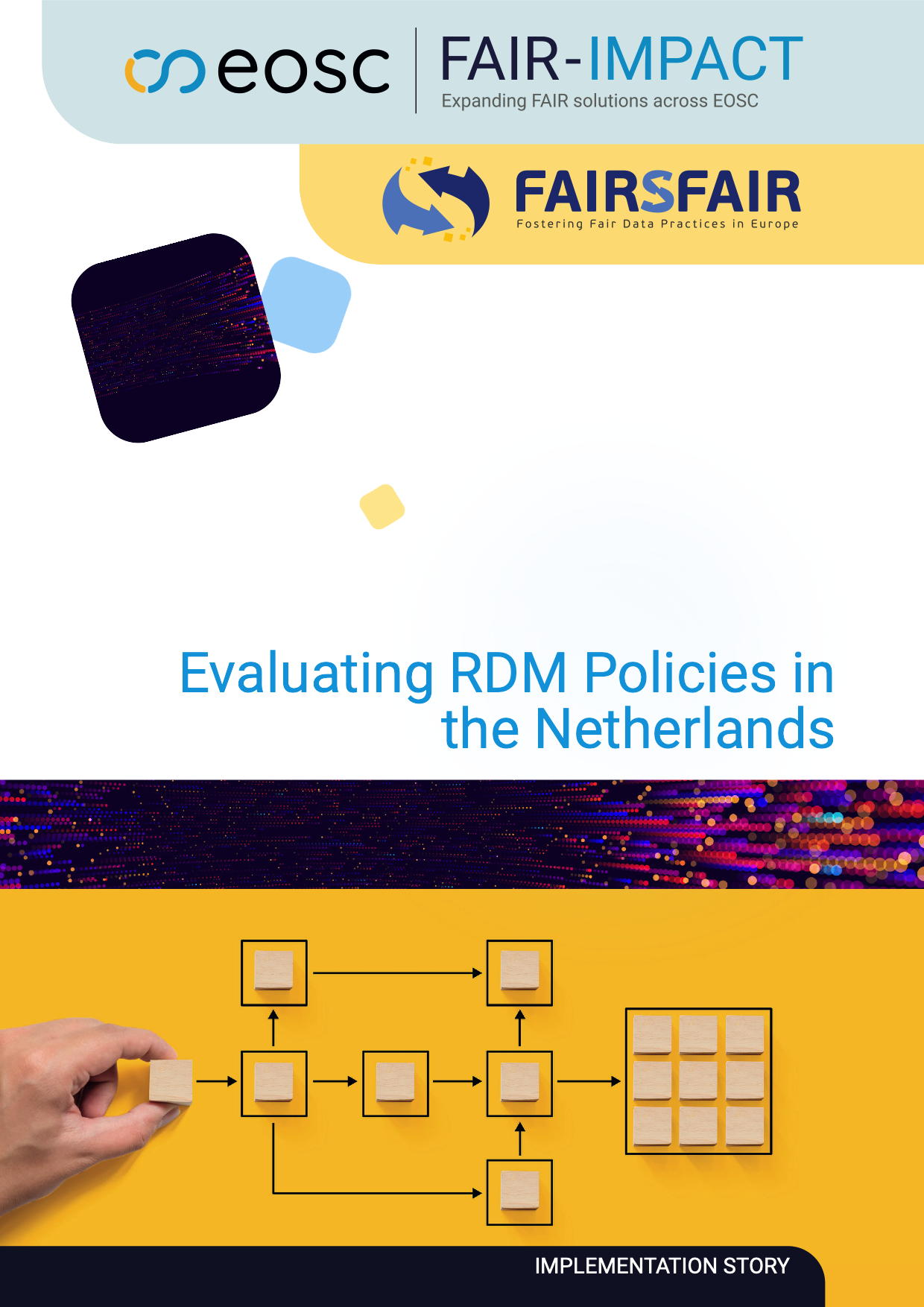
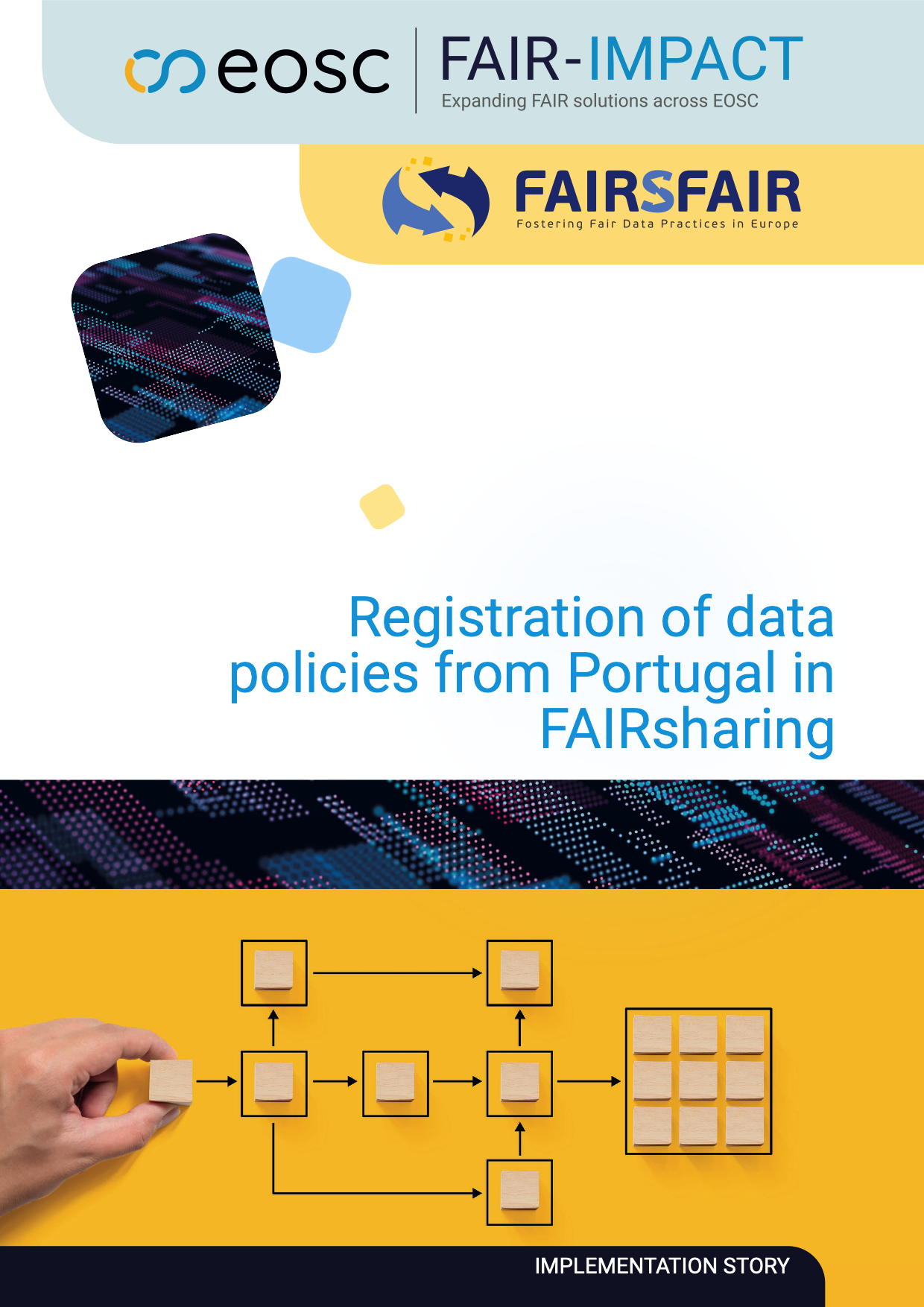
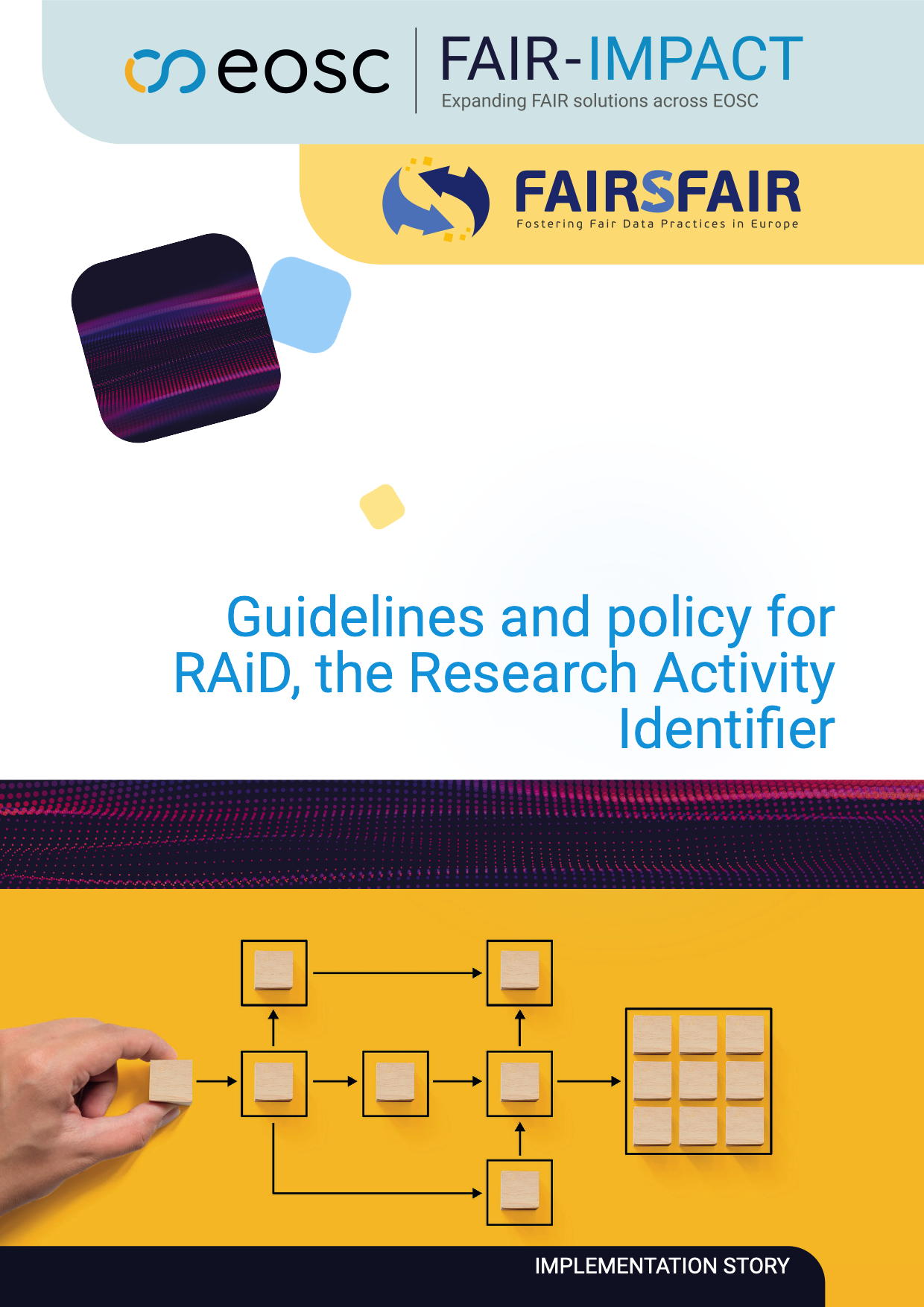
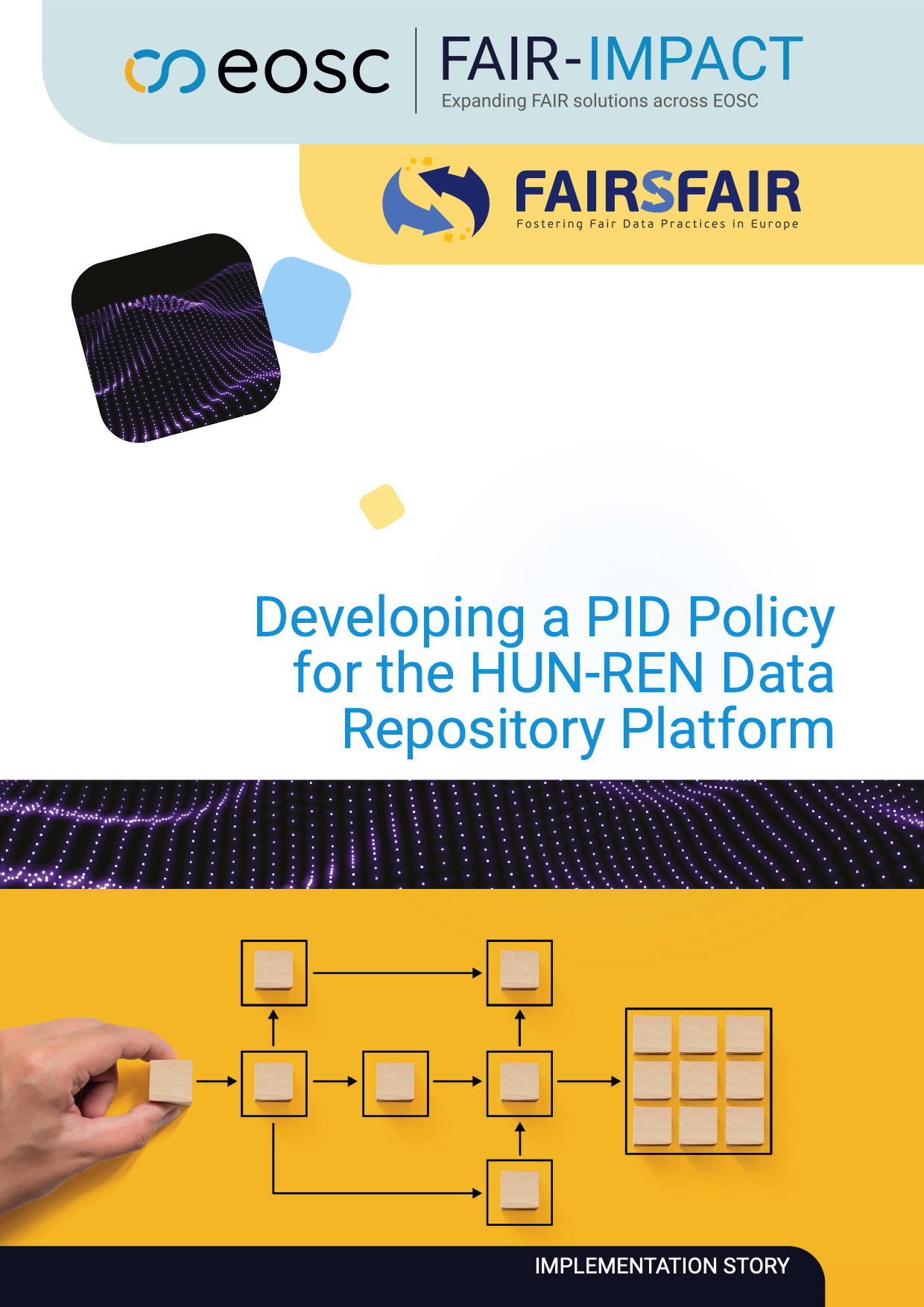
The persistent identification of research outputs is part of good research data management practice and is central to the FAIR Principles and the vision of the European Open Science Cloud (EOSC). There are many types of persistent identifiers (PIDs) currently being used to identify data and other kinds of research outputs but also different actors involved in the creation of outputs and the organisations that employ them or fund their work. To foster harmonisation on the use of different persistent identifiers, there is a need to define and implement research data and/or PID policies.
